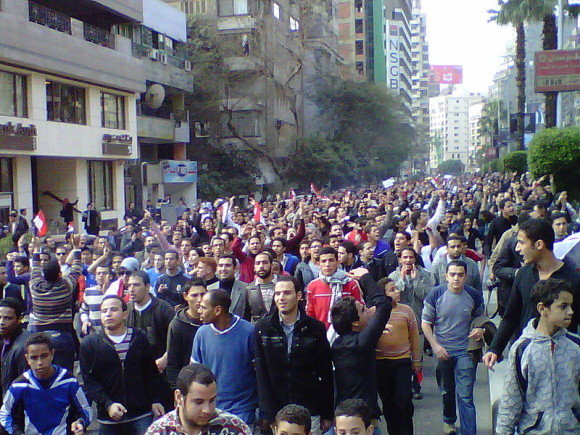Imagine for a second what it would feel like if the New York Times were to mention your work in an article discussing your area of specialization.
For a Canadian, the equivalent feeling is when the Globe and Mail does so.
Barrie McKenna discussed my recent working paper with Nick Carnes in Monday’s edition of the Globe and Mail, in an article that primarily discussed the ideological inconsistencies of the Canadian conservatives when it comes to farm subsidies:
[E]conomist Marc Bellemare and political scientist Nicholas Carnes investigated agriculture-related votes from 1999 to 2009 to determine what factors drive the behaviour of politicians.
“The one explanation that almost always explains support for agricultural protection is the electoral pressure a legislator faces, i.e., the proportion of her constituents who are farm owners or farm managers,” the authors concluded.
In the end, the study determined that pressure at the polls is more important than lobbying and other influences. The result is that farmers wield out-sized influence, even in relatively small numbers.
…
Prof. Bellemare and Prof. Carnes point out that farmers are politically powerful because the vast majority of other voters are oblivious to what protecting farmers actually costs them.
Barrie’s article also discusses a poster presentation by Tolhurst et al., in which the authors look at the composition of the Parliament and the extent of agricultural protection in Canada.
The poster will be presented at the Agricultural and Applied Economics Association meetings, which will be held in August in Washington, DC, which I suspect several readers of this blog will be attending.


